

.jpg)
The ‘My voice, My choice’ resolution is adopted by a majority of the EU parliament. A Christian MEP says “it is painful to see that the majority of the European Parliament does not recognise that unborn life need protection”.
Cropped(1).jpg)
The EPB in Brussels consisted of a series of gatherings. It began with a welcome dinner reception on December 2 at the beautiful Royal Museum of Fine Arts of Belgium, providing an opportunity for participants to connect in an informal setting.
.jpg)
The cost of living and the defence of Europe are the issues that most concern citizens, but priorities vary from country to country. How should Christian politicians in the European Parliament act? We asked the European Christian Political Party.
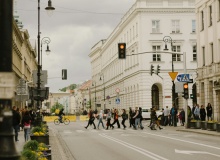
Following the recent violation of Poland's airspace by a dozen Russian drones, the Polish Evangelical Alliance shared several prayer requests.
.png)
A new report on French television warns of the influence of evangelicals in European politics. Julia Doxat-Purser responds based on her decades of experience in political dialogue in Brussels.

The UK’s most visited pornographic website lost over a million visitors. “Our children deserve a porn free childhood”, says the Online Safety lead for Christian charity CARE.
.jpg)
The ruling party explicitly targets “priests, pastors of cults and coaches” as examples of those who could be committing a crime against LGBTQI people.
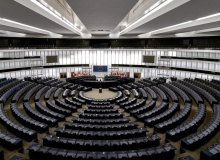
Measures include age verification on pornographic sites and criminalising the creation, possession and exchange of child sexual abuse material generated by artificial intelligence.
.png)
In a narrow vote, 314 MPs voted for the draft law and 291 voted against it. Both supporters and opponents describe the law as a historic moment. Christians hope the House Of Lords will introduce amendments.
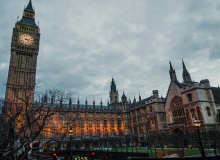
The amendment to decriminalise abortion for women at any stage of pregnancy was passed by 379 votes to 137. “This is not healthcare, this is abandonment”, say Christians.

In Paris, participation reached a new record, with between 40,000 and 50,000 participants. There were also marches in Guadeloupe and French Guiana.
.jpg)
The National Assembly backed the bill, but the law supported by President Macron may not be passed before 2027. Evangelicals among those who warn against the “removal of basic protections” for human dignity.
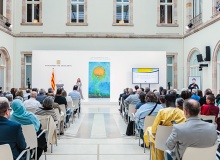
Authorities, academics, and representatives of the evangelical, Catholic, Muslim and Jewish religions in Catalonia attended an event with parliamentarians.
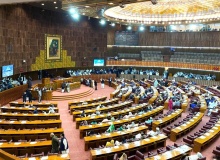
It will raise the legal age of marriage to 18. “It is also critical to protect Christian girls from the scourge of forced faith conversions", says a Christian deputy.
.jpg)
Evangelicals in France have been reflecting for years on the dignity of people at the end of their lives. Thierry Le Gall, who works with the CNEF in political circles, explains his point of view on the new assisted suicide law that is about to be voted on.
.jpg)
Scottish parliament will hold a first vote on 13 May. Christians are calling for the voices of palliative care doctors, people with disabilities and the most vulnerable to be heard.
.jpg)
Former agriculture minister Julia Klöckner says faith has helped her in life. She says the German Roman Catholic and the Protestant churches should ask themselves why they are losing so many members.
.jpg)
An 83% turnout demonstrates the strength of a democracy that will have to get used to having the far right as a protagonist in parliament.
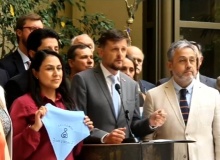
“We cannot accept the promotion of a free abortion law, while the crisis of vulnerable children continues to be forgotten”, said members of the national parliament.

The Congress Hall of Honour hosts the film ‘Amada’ and the signing of the Commitment to Life by senators and deputies from several parties.
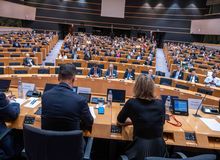
A panel discussion at the EU Parliament analyses the challenges of religious freedom in Europe. The European Prayer Breakfast was held before with around 450 guests.

Parliament voted to advance the Bill by 330 votes to 275. “This is te biggest proposed change to our social fabric in a generation”, Christians say.
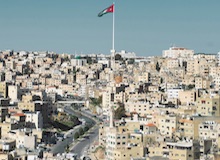
The country held parliamentary elections in September. The Islamic Action Front party won 31 seats, the largest number of seats for a party in parliament.
.jpg)
“Pray that what is really in the hearts of the individual candidates is revealed”, says Oliver Stozek, leader of the Austrian Evangelical Alliance.
.jpg)
According to a survey, 42% of evangelicals planned to vote for Labour, which won a landslide victory. The EAUK “prays Psalm 72” for Keir Starmer, the next prime minister.

Las opiniones vertidas por nuestros colaboradores se realizan a nivel personal, pudiendo coincidir o no con la postura de la dirección de Protestante Digital.